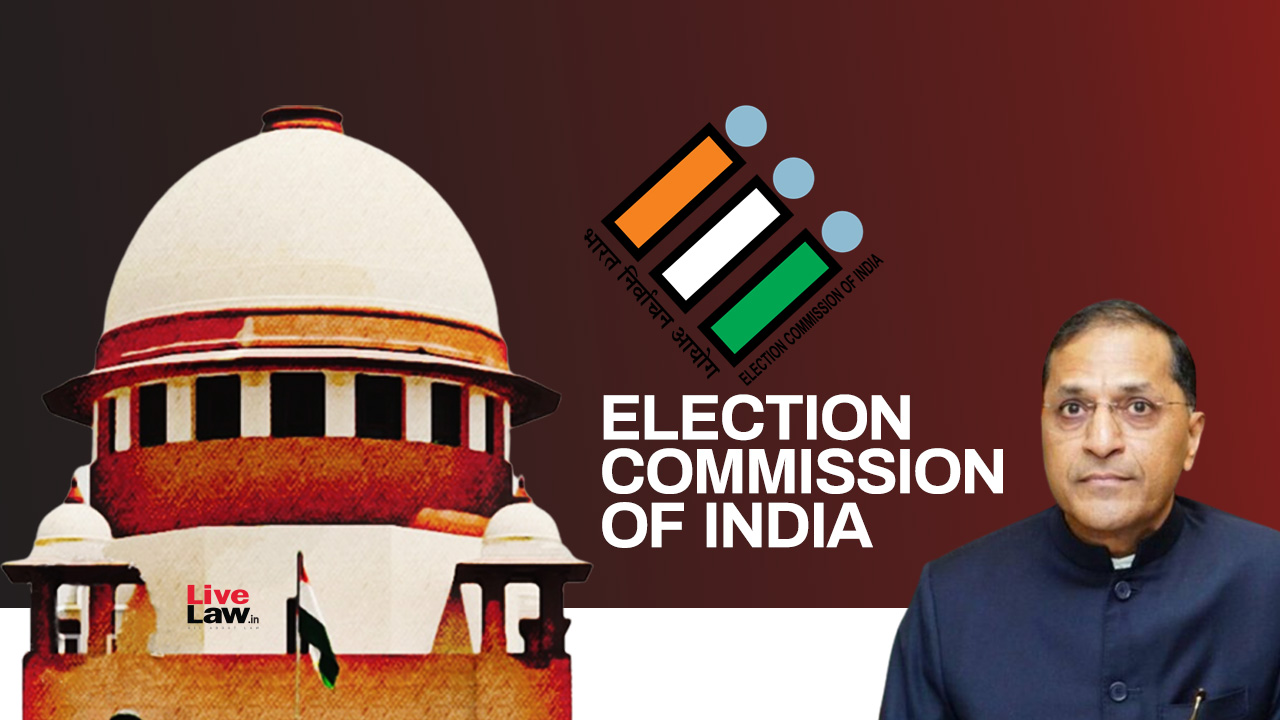December 14, 2023
The Overhaul of Election Commission Appointments in India

Revisions in the Appointment Process
- The Rajya Sabha recently approved the Election Commission Appointments Bill, a pivotal move that redefines the selection method for the Chief Election Commissioner (CEC) and Election Commissioners (ECs). This bill, replacing the Election Commission (Conditions of Service of Election Commissioners and Transaction of Business) Act of 1991, introduces crucial alterations in the appointment framework.
Appointment Process Redefined
- The new bill introduces a revamped appointment process, empowering the President to appoint the CEC and ECs based on recommendations from a Selection Committee. This committee comprises key dignitaries: the Prime Minister, a Union Cabinet Minister, and the Leader of the Opposition in Lok Sabha.
Role of Search Committee
- Under this legislation, a Search Committee led by the Cabinet Secretary takes center stage by suggesting potential candidates to the Selection Committee.
Eligibility Criteria
- Candidates aspiring for these pivotal roles must have previously held a position equivalent to the Secretary to the central government.
Changes in Salary and Conditions
- An essential shift pertains to remuneration and benefits, which now align with those of the Cabinet Secretary, deviating from the prior equivalency to a Supreme Court judge.
Constitutional Context and Impact
- Analyzing this against the constitutional background, Article 324 grants the President authority for these appointments without specifying the appointment process. Interestingly, the Supreme Court’s March 2023 directive mandated a selection process involving the Prime Minister, Leader of the Opposition, and the Chief Justice of India until parliamentary legislation superseded it.
Critical Analysis and Key Concerns
- Several pertinent issues and analyses have emerged regarding this bill:
- Independence Concerns: The predominance of a government-influenced Selection Committee raises concerns about the Election Commission’s autonomy.
- Validity Despite Vacancies: The validation of recommendations despite vacancies might inadvertently lead to government control in appointments.
- Salary Alignment and Status: Aligning salaries with the government’s determination could potentially impact the independence of the CEC and ECs, contrary to a fixed salary set by Parliament.
- Exclusionary Eligibility: Restricting eligibility to senior bureaucrats might inadvertently sideline other qualified candidates, especially those with judicial experience.
International Perspectives
- Drawing parallels with international practices, various countries like South Africa, the UK, the US, and Canada exhibit diverse appointment procedures, some involving judicial members or parliamentary approval.
Challenges to Independence and the Selection Process
- The bill’s provisions, particularly the government-majority Selection Committee and acceptance of recommendations amid vacancies, pose concerns regarding executive dominance in appointments. Additionally, discrepancies in salary equivalence and the removal process vis-à-vis Supreme Court judges raise questions about the Commission’s independence.
Goswami Committee Recommendations
- Reflecting on the Goswami Committee’s suggestions in 1990, it proposed an appointment process involving the President, Chief Justice, and Leader of the Opposition, underscoring the importance of the Election Commission’s autonomy from executive influence to ensure fair elections.
In Conclusion
- While the Bill endeavors to formalize the CEC and ECs’ appointment processes, safeguarding the Election Commission’s autonomy remains pivotal in upholding democratic principles. The concerns highlighted necessitate meticulous deliberation to ensure that the Commission retains its impartiality and efficacy as India’s guardian of electoral integrity.
Daily Gist : The Hindu/Indian Express : 30 Jan 2025
January 30, 2025
Gist of editorial : the Hindu/ Indian Express/20 Jan 2025
January 20, 2025
Daily the Hindu/ Indian Express Editorial Gist: 14 Jan 2025
January 14, 2025
